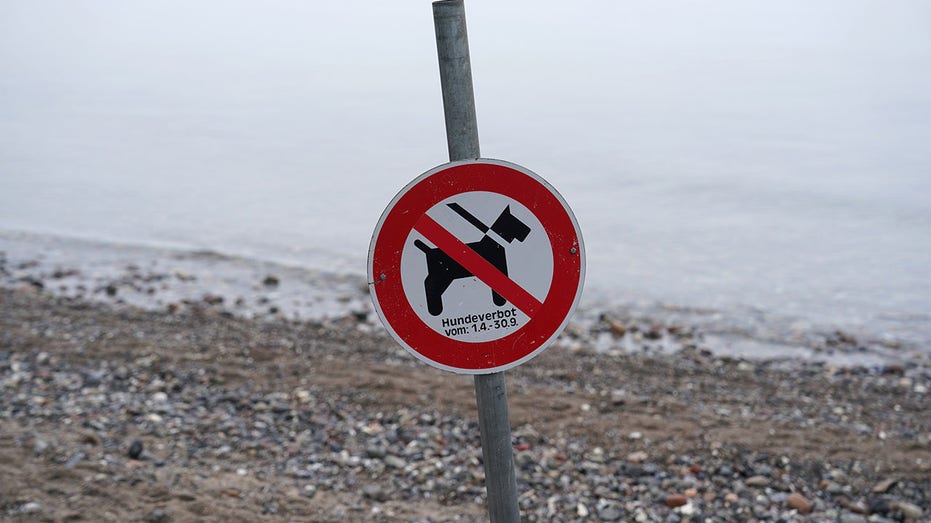
Diversity and Inclusivity in Welsh Outdoor Spaces: A Call for Dog-Free Zones
Published on:
The Push for Change
An environmental group, Climate Cymru BAME, is advocating for the Welsh government to explore the establishment of dog-free zones in public outdoor areas. This initiative is part of a broader strategy aimed at enhancing inclusivity and addressing racial exclusivity in these spaces.
The recommendations detailed in the group’s recent report suggest that creating designated areas free from dogs could significantly improve accessibility for various communities. However, the document does not explicitly explain the rationale behind this specific suggestion.
A Commitment to Anti-Racism
The Welsh government has made a public commitment to transform Wales into an anti-racist nation by 2030 through the implementation of its Anti-Racist Wales Action Plan. This initiative emphasizes the importance of addressing racial inequality and promotes a zero-tolerance policy towards racism.
According to a government spokesperson, the findings in the report will aid in the ongoing assessment of how racism intersects with critical issues such as climate change and environmental policies, particularly within rural communities. These efforts are in line with the Labour Party’s 2022 Action Plan, which seeks to combat racism comprehensively.
Barriers Faced by Ethnic Minorities
The report sheds light on the various barriers that ethnic minorities encounter in accessing outdoor spaces. It suggests that these challenges are often tied to systemic exclusions and racism.
Particularly noted was the term “exclusions,” pointing to instances where certain groups, especially from ethnic backgrounds, feel marginalized. One striking observation mentioned in focus groups was the perception that certain outdoor activities—such as gardening—are predominantly dominated by “middle-aged white women,” which further alienates individuals from different backgrounds.
Furthermore, testimonies included in the report indicated that some individuals, such as a Black African woman, expressed feelings of unease in public outdoor settings due to the presence of dogs. This sentiment played a significant role in the recommendation for creating specifically dog-free areas.
Disparities in Green Space Maintenance
Another critical issue raised in the report was the apparent neglect of green spaces within areas that have larger ethnic minority populations. Observers noted that these spaces often do not receive the same level of maintenance and respect as those in predominantly white neighborhoods.
The report explicitly calls attention to the need for equitable treatment of all public spaces, irrespective of the demographic make-up of the surrounding communities. This inconsistency in treatment further promotes feelings of exclusion among ethnic minorities.
Challenges Beyond Access
Beyond accessibility, the report highlights several other challenges that impact the enjoyment of these outdoor spaces. Limited public transportation options linking urban areas to rural green spaces is a significant issue. Many people from urban locations find it difficult to reach these areas due to inadequate transport services.
Additionally, the prevailing poor air quality in many towns and cities contributes to health issues, further exacerbating the barriers faced by ethnic minority populations when attempting to enjoy nature.
Conclusion: A Call for Action
The Welsh government’s findings emphasize the ongoing challenges faced by ethnic minorities in accessing and enjoying green spaces across Wales. The report concludes that existing barriers, many of which are rooted in exclusionary practices and systemic racism, must be addressed comprehensively.
As Wales progresses towards its goal of becoming an anti-racist nation, the recommendations outlined in the Climate Cymru BAME report can serve as a vital roadmap to ensure that outdoor public spaces are inclusive and welcoming for all members of the community.


















